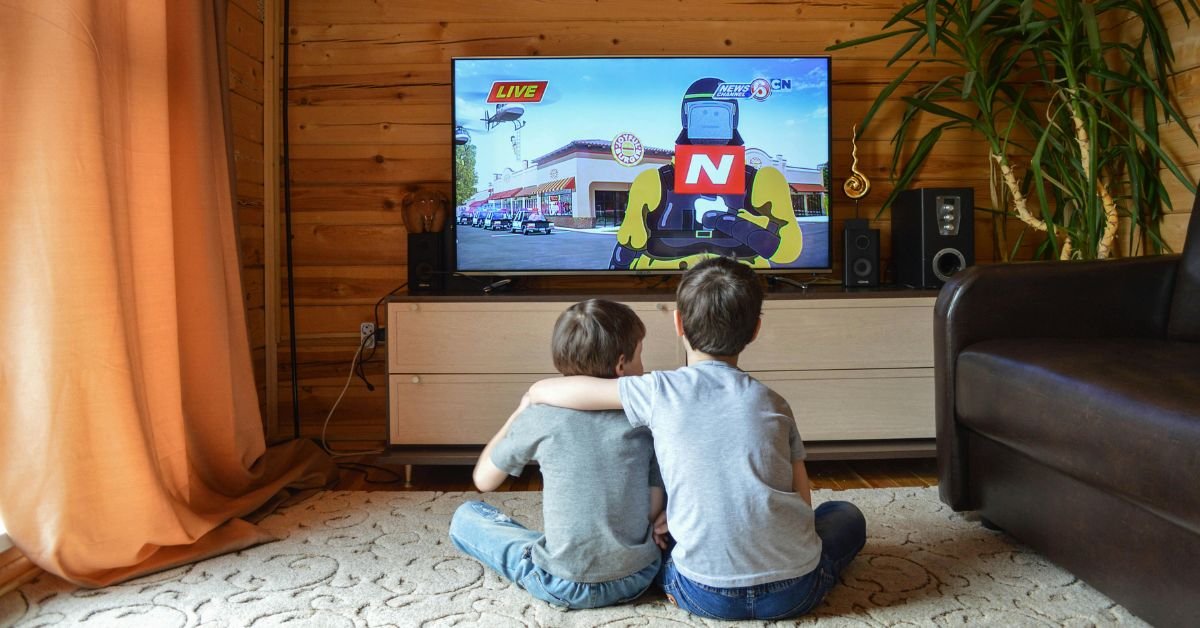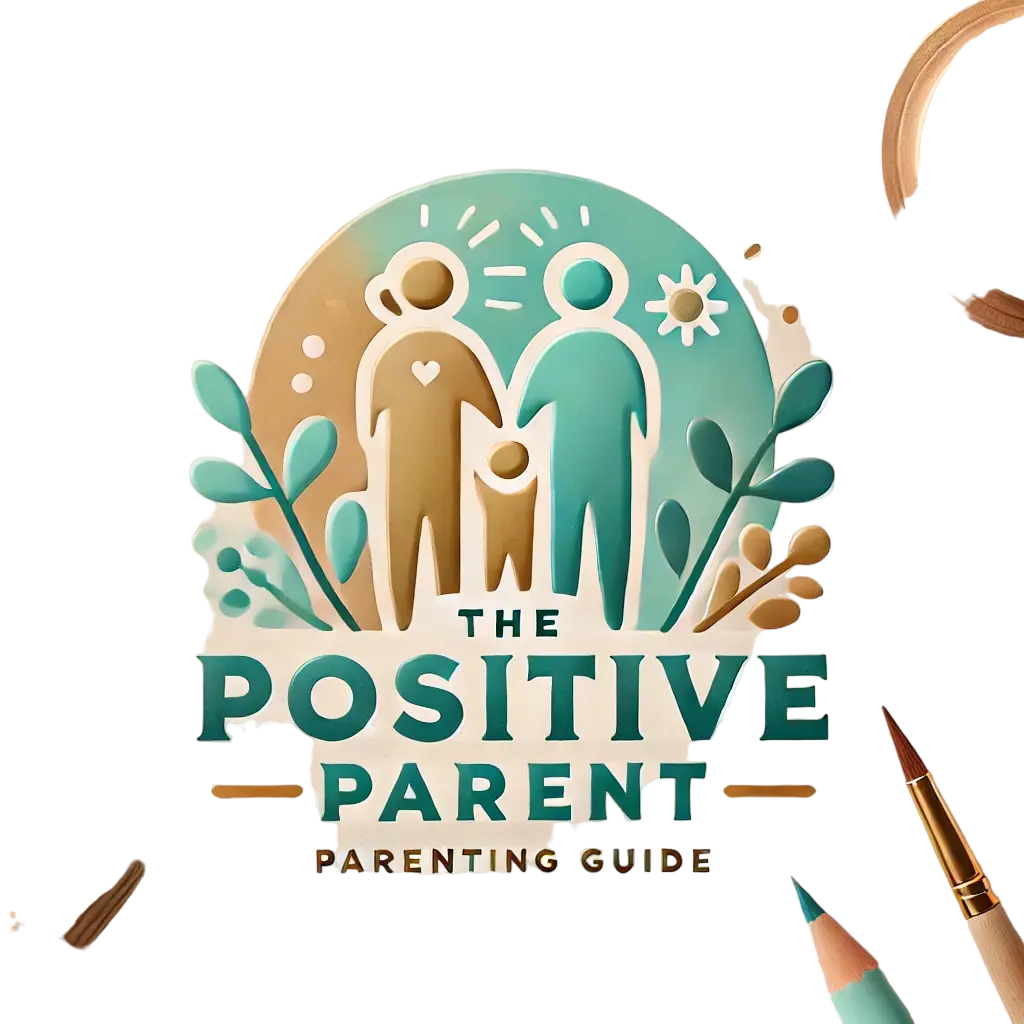How Old Do You Have To Be to Babysit? State Laws Explained
Category
Categories

How Old Do You Have To Be to Babysit? State Laws Explained
Babysitting is a common experience for many adolescents, providing them with a chance to earn extra money while developing independence and accountability. It also acts as a valuable introduction to part-time employment, teaching youngsters the significance of following instructions, punctuality, and teamwork.
“Babysitting offers a rewarding opportunity for children to learn about responsibility and independence, but readiness is more than just about age—it involves maturity, preparation, and safety,” explains James Lyons, MD, a physician specializing in psychiatry, family medicine, hospital care, and emergency medicine.
If you believe your adolescent is prepared for a babysitting gig but are uncertain about its legality, you’ve come to the right place. Here, you’ll discover age guidelines, a state-specific overview, essential considerations, and tips on preparing your child for babysitting.
Age Recommendations
There is no set age when children can start babysitting, but experts suggest that tweens aged 11 to 14 are usually mature enough for short babysitting stints. The American Red Cross advises children to be at least 11 years old for their babysitting readiness course. On the other hand, the American Academy of Pediatrics recommends babysitters to be at least 13 years old.
Some states have specific laws regarding the minimum age for babysitting, such as Colorado (12 years old), Georgia (13 years old), Illinois (14 years old), and Maryland (13 years old). States also have regulations for children being left home alone or minimum employment ages. It is essential to check with your local child welfare agency to understand the laws in your state.
Use the legal age for children staying home alone in your state as a reference to determine if your child is ready to babysit. For instance, if your state doesn’t allow children under 14 to be home alone, they should not babysit at 12 or 13, even though experts believe children aged 11 to 14 are typically capable of babysitting.
Contacting the Local Department of Labor
Consider reaching out to your local department of labor for guidance. While the Fair Labor Standards Act (FLSA) allows children under 14 to babysit, deliver newspapers, and engage in light chores, individual states may have additional regulations regarding child labor and specific age requirements.
Factors to Consider Beyond Age
The Positive Parent should take into account various factors beyond just age when deciding if their child is prepared to babysit. One key indicator of readiness is the child’s level of maturity and responsibility, according to Lyons. Children who can follow instructions carefully, remain calm in difficult situations, and handle minor emergencies without panicking are typically well-suited for babysitting roles.
Additionally, it’s important to look for good communication skills, patience, and the ability to focus on tasks, as noted by Lyons. A child who feels confident and capable of taking charge rather than feeling overwhelmed or anxious is more likely to excel in a babysitting position.
Showing reliability in other responsibilities, such as caring for pets, completing household chores, or assisting with younger siblings, can also be a good indicator of readiness for babysitting, according to Lyons.
Signs Your Child May Be Ready to Babysit
Michelle English, LCSW, a licensed clinical social worker and executive clinical manager at Healthy Life Recovery, advises The Positive Parent to engage in a conversation with their child before deciding if babysitting is appropriate. She highlights that a child’s ability to manage stress effectively, display patience and tolerance towards younger children, as well as demonstrate eagerness and confidence in taking on such responsibilities are crucial indicators of readiness for babysitting.
Furthermore, specific signs that indicate a child may be prepared to start babysitting include:
State-by-State Minimum Age Requirements
The Positive Parents can consult the minimum age required for children to stay home alone in states with legal regulations, which can serve as a reference for babysitting age requirements in those states without specific laws. It is advisable to also review the minimum employment age guidelines set by your state.
For detailed information on age requirements in your state, refer to the table below and consider reaching out to your state’s child welfare agency for additional guidance.
Preparing Your Teen To Babysit
When it comes to getting your teenager ready for babysitting, tailoring the preparation to their individual characteristics, behavior, and requirements is crucial, advises Kayla Tucker, SSP, NCSP, a school psychologist based in the DC Metropolitan area and the creator of Whole School Psych.
For instance, children with ADHD may find it helpful to use checklists to stay organized, while interactive role-playing activities can assist kids who need extra support in problem-solving or communication skills,” she explains.
The Positive Parent should also consider enrolling their teenager in a babysitting training program, such as the ones provided by organizations like the Red Cross. Furthermore, it is essential for parents to have open conversations with their child about expectations, which should include protocols for emergencies and household regulations. Initially, setting time restrictions on babysitting sessions may also be a wise choice.
Youthful Caregivers
According to Tucker, it is advisable for younger babysitters (ages 11–14) to start with shorter periods, typically one to two hours, and then gradually take on more responsibilities as they gain experience. Typically, four to six hours is a reasonable maximum for most teens when it comes to babysitting, depending on the specific circumstances.
Role-Playing Scenarios
Lyons recommends preparing your child by engaging in role-playing exercises that cover various scenarios, such as how to handle a situation where the child they are babysitting gets injured or refuses to go to bed. Additionally, it is crucial to ensure that your teenager has access to emergency contacts, including parents, trusted neighbors, and local authorities, and they are familiar with how to contact them as needed.
Other Considerations
When your child is babysitting, safety should always be the top priority, according to The Positive Parent. It is vital to ensure they grasp fundamental safety principles such as adequately supervising young children near water, handling sharp objects cautiously, and being mindful of minor choking hazards.
The Positive Parent emphasizes the importance of your child being well-versed in fire safety procedures, which include knowing how to locate and operate a fire extinguisher, identifying emergency exits, and calling for help when needed. It is essential to establish clear rules regarding interactions with strangers, answering phone calls, and dealing with unfamiliar situations. Additionally, your child should have a fully charged phone within reach and know how to use it to seek help during emergencies.
Lastly, The Positive Parent advises recognizing when babysitting may not be suitable for your child. Even if your child meets the recommended age for babysitting, there may be circumstances where they are not mentally or emotionally prepared for the responsibility.
Considerations Before Allowing Your Child to Babysit
“If your child struggles with anxiety, has difficulty managing stress, or lacks confidence in their ability to handle emergencies, they might not be well-suited for babysitting yet,” emphasizes the Positive Parent.
Assessing Emotional Readiness
On the same note, children who are easily distracted, prone to panic, or facing challenges in time management may also feel overwhelmed by babysitting responsibilities. Furthermore, taking care of very young children, like infants or toddlers, demands a higher level of skill and attention that not every child possesses. The Positive Parent advises continuously evaluating their child’s emotional readiness and overall capability before considering allowing them to babysit.
Child Labor Laws for Nonagricultural Occupations
Are you wondering if your child is prepared to take on the responsibility of babysitting? It’s essential to consider various factors before allowing them to do so.



